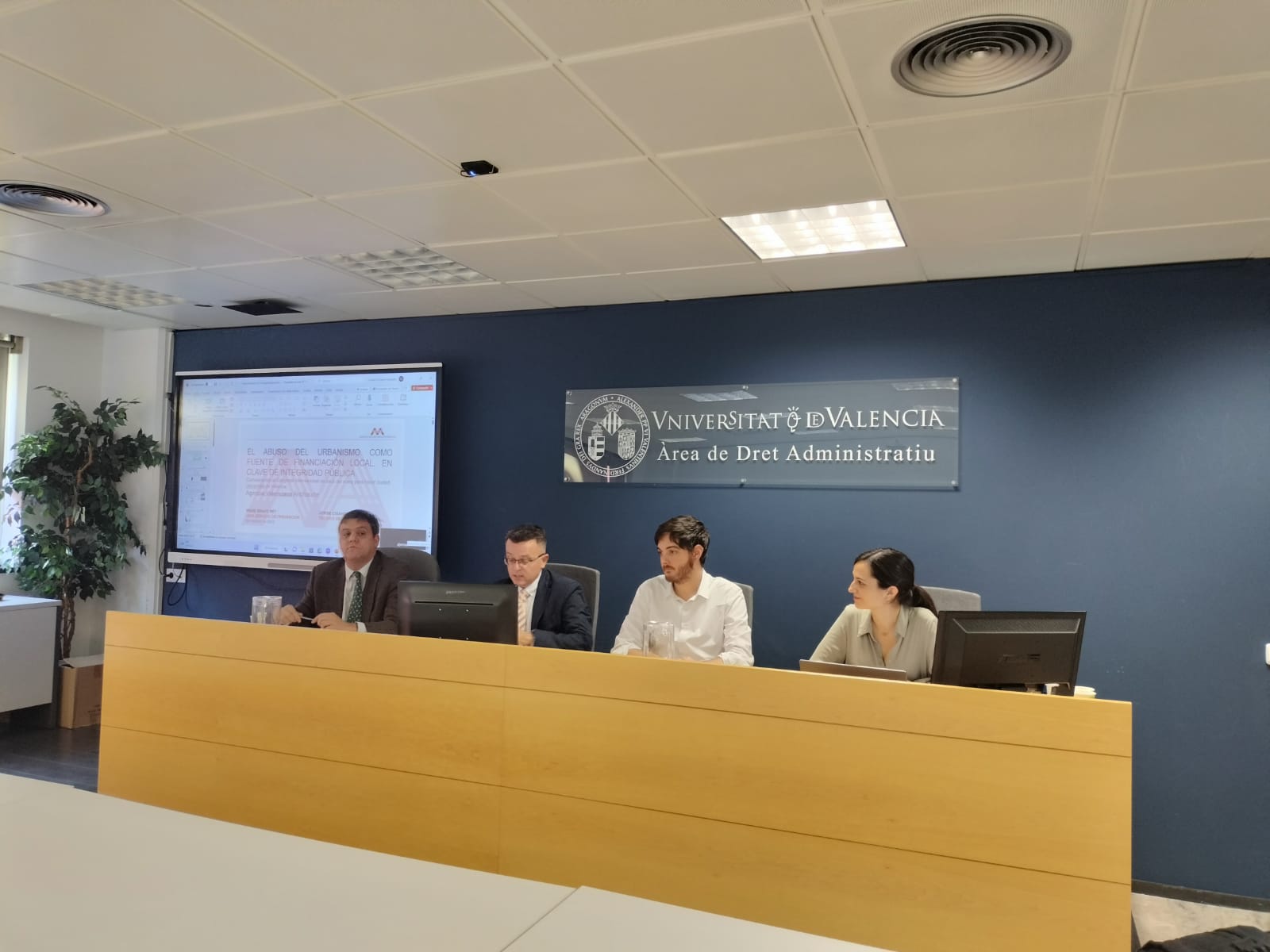#AVAFTraining
Valencia. – November 7, 2023
The first two editions of the AVAF course “Laws and strategies to combat corruption, for public integrity and the protection of people who report regulatory infractions” approved by the IVAP, have begun on November 2 and 7 in person at the Faculty of Law of the University of Valencia.
The AVAF course, 16 hours long and in hybrid mode, is held in two editions throughout the entire month of November 2023; in the first edition, on Thursdays November 2, 9, 16 and 23, and, in the second edition, on Tuesdays November 7, 14, 21 and 28.
The course is aimed at public employees of any public administration, including people who work in public companies or public universities, and preferably to those people with responsibility for the direct management of internal information systems, anti-fraud committees, managers of personnel, contracting and subsidy files. Registration for both editions of the course has exceeded initial forecasts and has exceeded 160 people.
Those attending the in-person sessions on November 2 and 7, 2023 received, as a complement to the training, the publication of the AVAF Integrity Code of the Valencian Community in physical format although anyone who is interested in your query can download it online here
Joan Llinares, the director of the Agency, began the AVAF course with his presentation “The authorities for the prevention and fight against fraud and corruption in Spain and the Community.” Throughout his speech, he stressed that public service must be aligned with the general interest and, only on this basis, can there be integrity in the management of public administration.
Teresa Clemente, deputy director and Legal Affairs of the AVAF, carried out the second intervention, addressing the topic of “The value of Law 11/2023, creating the Agency and Law 2/2023, regulating the protection of informants”, a norm that, if properly developed, is destined to substantially change the strategies to combat corruption in Spain.
 Irene Bravo, head of the Agency’s Prevention Service, ended the session on both days with a presentation on public integrity strategies in public administrations.
Irene Bravo, head of the Agency’s Prevention Service, ended the session on both days with a presentation on public integrity strategies in public administrations.
The AVAF course will be taught entirely by specialist public employees of the Valencian Anti-Fraud Agency, from the different departments in which the Agency is organized (Legal Analysis, Investigation, Prevention – Training)
Public employee personnel serving local administrations of the province of Valencia, Castellón and Alicante, with a very varied population; From municipalities of 276 inhabitants to cities of 330,000 inhabitants, they are present in the formation of the Valencian Anti-Fraud Agency, as well as the autonomous administration, entities of the Valencian instrumental public sector.
From the AVAF we want to thank the Faculty of Law of the University of Valencia for its collaboration in carrying out the course, especially in the face-to-face sessions.


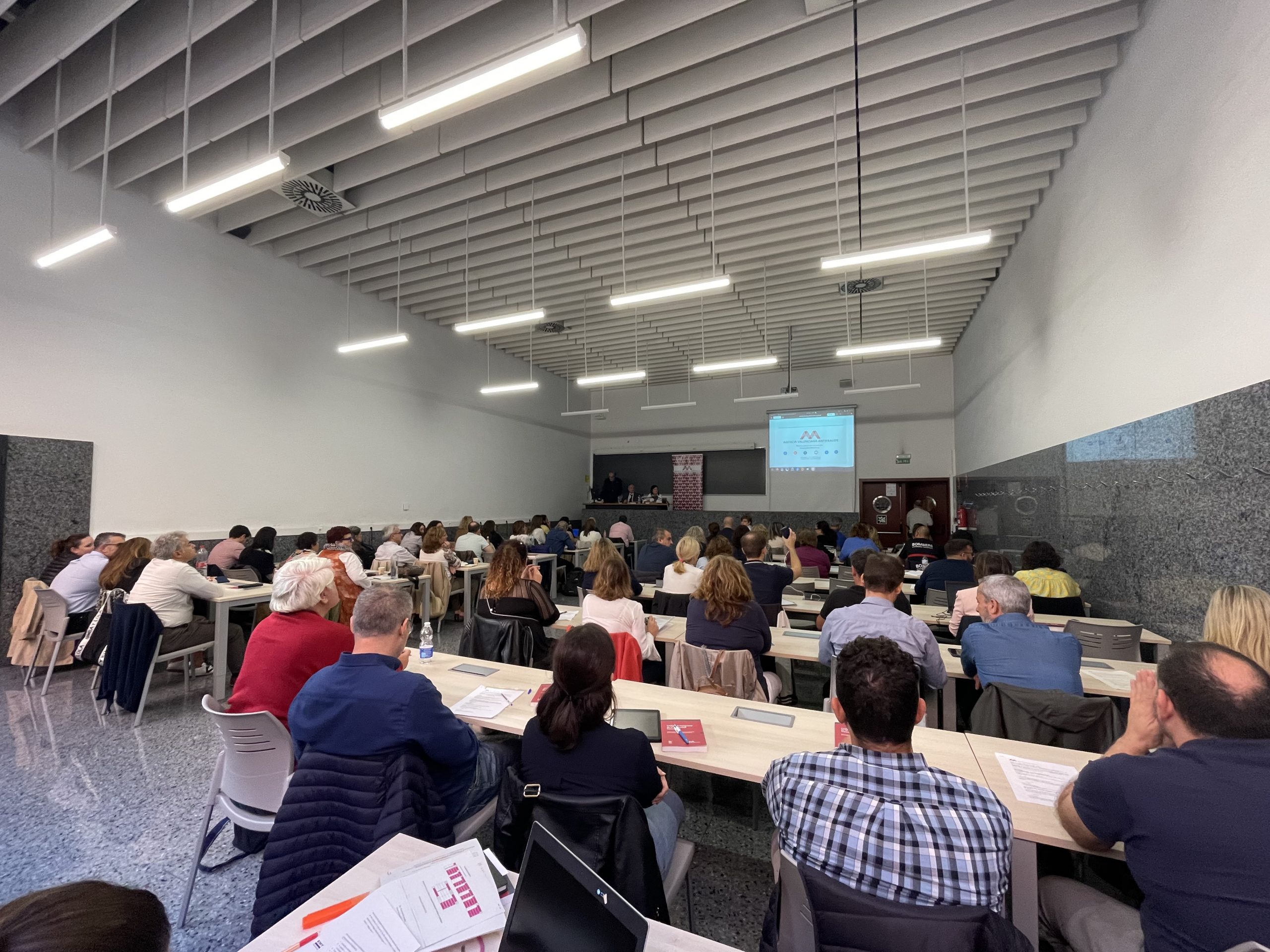
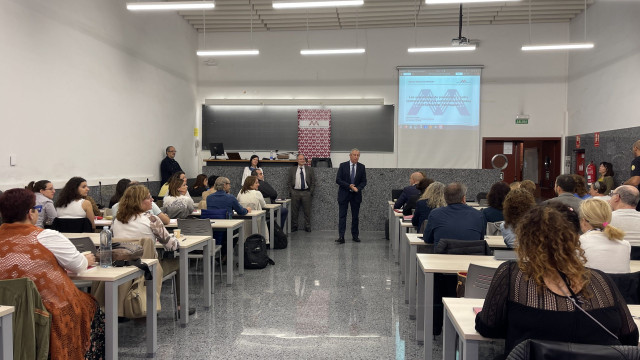
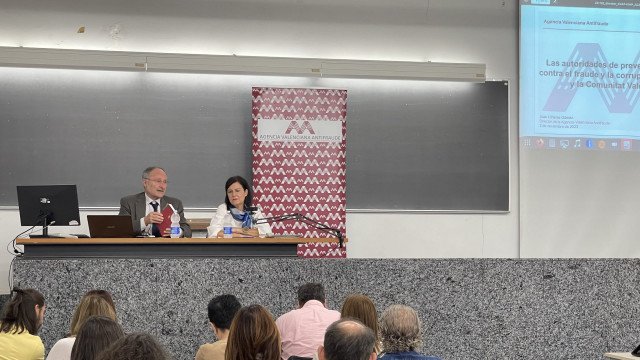
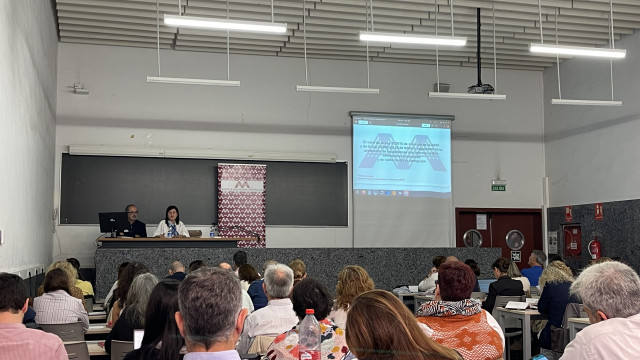
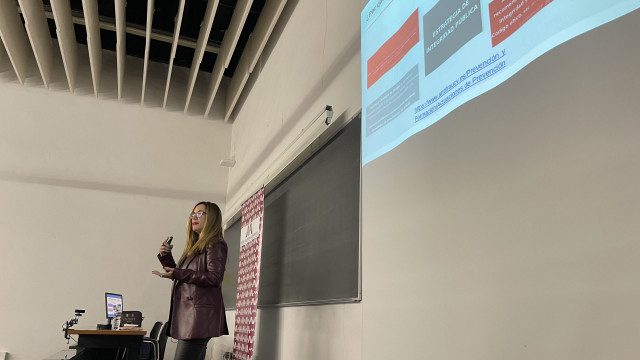
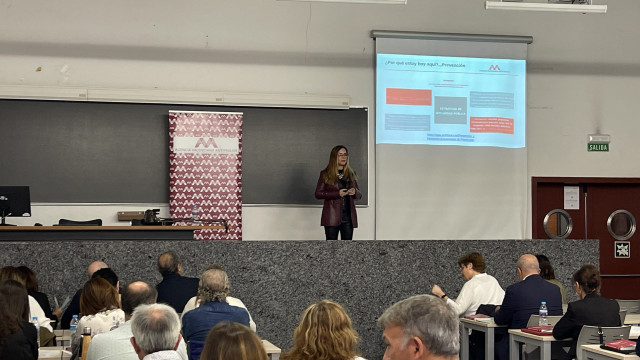
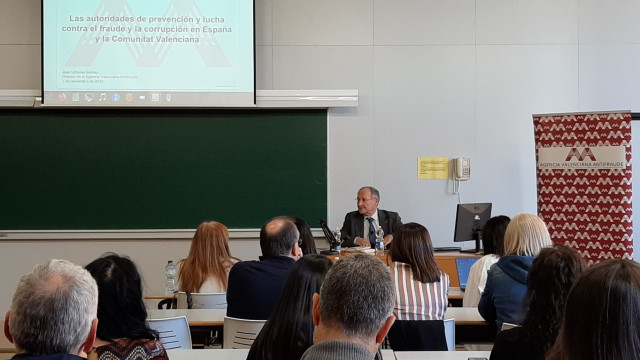
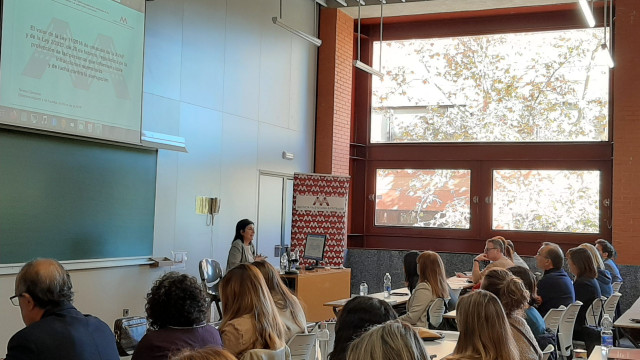
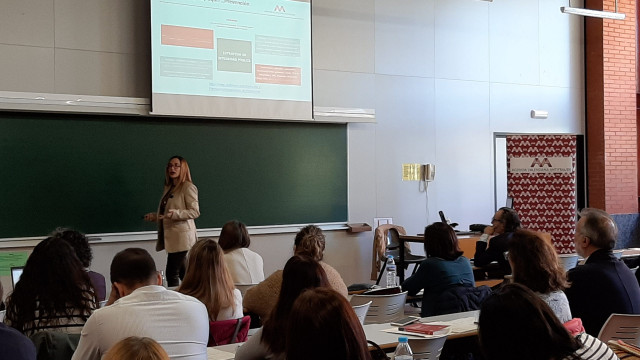
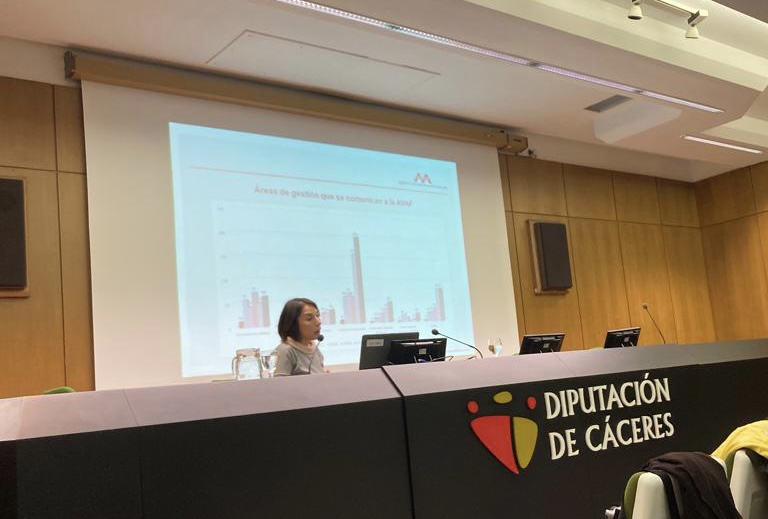
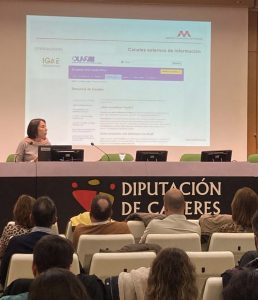 The training aroused great interest among the more than 60 attendees and proof of this was the large number of questions asked throughout the session, among which those related to the reality of small and medium-sized local entities for compliance with the law and the system stand out of integrity.
The training aroused great interest among the more than 60 attendees and proof of this was the large number of questions asked throughout the session, among which those related to the reality of small and medium-sized local entities for compliance with the law and the system stand out of integrity.